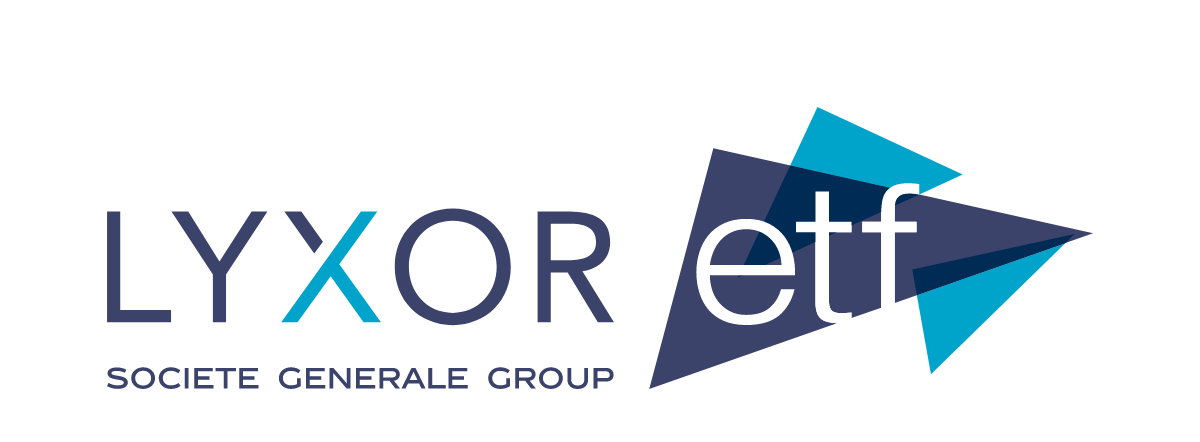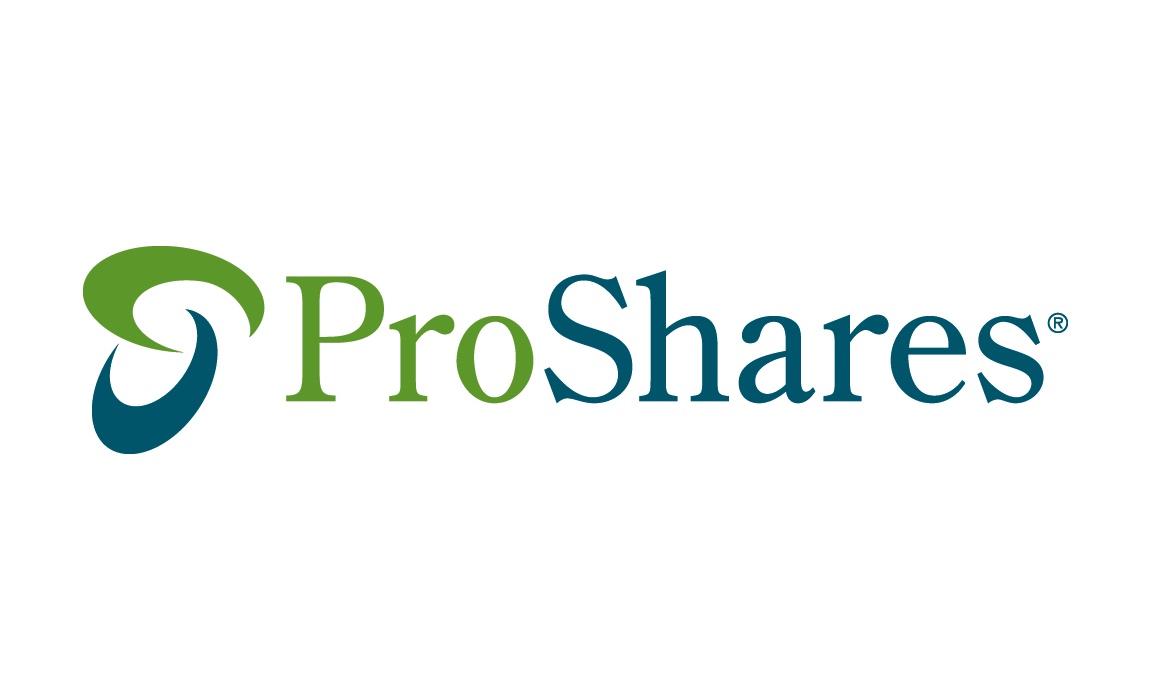Betting on the
or 'fear gauge' could be a very lucrative activity.
has reported that one unnamed trader could make as much as $263 million if his bets come off in December.
The logic behind such a big bet isn't hard to discern. The Vix index, which measures expected volatility in the S&P 500 is at record low levels while the S&P itself is at a record high. Many pundits think the S&P is overvalued, were it to fall significantly, volatility would rise as would the Vix. So if you place a bet on a rising Vix, you're effectively shorting the US stock market. Betting on a rising Vix could also provide an insurance policy or a hedge for your share portfolio.
So how do you place the bets?
The simplest way is to invest in an ETN or ETF that tracks the Vix index. There's a large number of such products in the US. Here are a few of the best known:
iPath S&P 500 VIX short-term futures ETN (NYSE:VXX)
All of the Vix ETNs are basically structured products that are derived from the futures market.
This product holds long positions in the first and second month futures contracts on the VIX. So if you expect a pick up in volatility and the Vix index soon, then an investment in this ETN should make you money. To put that more precisely, the ETN is linked to the S&P Vix Short-Term Futures Index which comprises a hypothetical portfolio of the two nearest-to-expiry Vix futures contracts.
It's a very liquid product with an average trading volume of 75 million shares a day. There's also a wide set of options trading on this product. The Total Expense Ratio for the ETN is 0.89%.
You might imagine that iPath products are linked to iShares, which is BlackRock. But actually iPath is part of Barclays, which used to own iShares.
The iPath S&P 500 VIX Mid-Term Futures ETN (NYSE:VXZ)
This Mid-Term Futures ETN is similar to the short-term one above except it holds long positions in fourth, fifth, sixth and seventh month VIX futures. So you're making a bet on volatility a bit further out. The TER is also 0.89%.
Proshares Short VIX Short-Term Futures ETF (NYSE:SVXY)
This ETF enables you to bet that the Vix index will decline further. The TER is 1.19%
VelocityShares Daily 2x VIX Short-Term ETN (NYSE:TVIX)
If you've very confident that volatility and hence the Vix index are set to increase, then this ETN should give you double the return of the Vix index.
Be careful though. None of the above products are 'buy and hold' products. Their performance will diverge from the Vix index before too long. With the two iPath ETNs, they're regularly buying new futures and often the new futures are more expensive than the last. There's an ongoing cost here.
You get divergence with the Proshares and VelocityShares products just as you would with any short or leveraged ETF or ETP.
Also note that none of the above products are listed in Europe and they're not protected by UCITS regulations.
There's a much smaller range of European Vix products but there are a couple:
Lyxor S&P 500 VIX Futures Enhanced Roll UCITS ETF (XETRA:VOOL)
This ETF 'dynamically switches' between short-term and mid-term Vix futures. It should go if the Vix index rises. It's denominated in euros and is surprisingly cheap with a 0.6% Total Expense Ratio
Boost S&P VIX Short-Term Futures 2.25x Leverage Daily UCITS ETF (LSE:VIXL)
This ETF should give you 2.25 times the return of the Vix index and has an annual charge of 0.99%.
It's very much a product for short-term traders as the divergence from the performance of the Vix index should kick in pretty quickly.
Another way to place a bet on the Vix is to spread bet, but once again spread betting is better suited to trading rather than long-term investing. It's easy to get caught out by big price movements.
So, in truth, any bet on the Vix is going to be pretty short-term. If you're convinced that the S&P is going to fall or at least become more volatile, then there are ways to profit from that conviction. But long-term investors may be better off sticking with their investments and riding through the volatility. That's after all one of the reasons why long-term investing normally works as a strategy - you're getting paid for riding through big market movements.




